Suicidal thoughts and burnout among physicians during the first wave of the COVID-19 pandemic in Spain
María Irigoyen-Otiñano
A high level of suicidal ideation in Spanish physicians has been observed in a study led
by researcher Diego de la Vega of the University of Seville.
A cross-sectional observational study via an online survey was distributed in Spain in June 2020 via 52 Official Medical Associations. The sample was made up of all practicing and registered physicians in Spain who completed the survey after receiving it online through the dissemination channel established for this purpose by their respective Medical Association. They were classified according to their involvement in the treatment of patients with COVID-19 (mild, moderate, severe) versus those who did not treat patients with this disease or had treated other pathologies.
An online questionnaire was carried out which included sociodemographic, professional (specialty, province, field and years of work) and work variables (weekly working hours, number of shifts), variables related to the pandemic (sick, on sick leave, in isolation due to contact, positive for COVID, sick family members, death of a close relative), as well as work data in relation to COVID-19 (activity with COVID+, work other than specialty, telemedicine, protection measures, training).
Taking into account clinical variables (medical-psychiatric history and previous suicidal behavior) participants were distributed. For the psychological variables, a Likert-type scale was used to assess mood, anxiety, consumption of toxic substances, burnout, suicide risk, and reasons for living. Finally, the following scales were administered: General Health Questionnaire of 28 items (GHQ-28), self-administered questionnaire for the detection of social dysfunction and psychosomatic problems, anxiety and four subscales of depression (somatic symptoms, anxiety and insomnia, social dysfunction, and severe depression). Maslach Burnout Inventory (22 items), an instrument for evaluating burnout with three dimensions: emotional exhaustion, depersonalization, and personal fulfilment. Paykel Suicide Scale evaluated the presence of suicidal ideation and passive and active behaviors during the last year, which in our case referred to the time from the beginning of the pandemic.
Respondents accounted for 1.16%, which meant a total of 3,140 of the 270,235 physicians registered in Spain. The prevalence of active suicidal ideation was 6.31% and up to 17.32% of them reported suicidal thoughts during the pandemic. Being female (Exp (B)= 1.989, p=0.001), presence of previous suicide attempts (Exp(B)= 6.127, p=<0.001), taking a psychotropic drug (Exp(B)= 2.470, p=<0.001) and working in a different area during the pandemic (Exp(B)= 1.751, p= 0.037) were associated with a higher risk of suicidal ideation. Cohabiting was a protective factor in the development of suicidal ideation although not in all our measures (Exp(B)=0.940, p=0.850 Vs Exp (B)= 0.620, p=0.018).
The main limitation of this study is its cross-sectional nature, which prevents establishing a causal relationship. As a strength, it stands out that it is a large sample of the population studied and in a particularly complex context of the pandemic
The authors of the study conclude that suicidal thoughts among the Spanish registered physician population during the pandemic is high and mainly associated with socio-demographic factors, clinical mental health variables, and aspects of job satisfaction. It is important to take into account this aspect and establish preventive measures, since it is known that physicians are more vulnerable to suicide than the general population (Irigoyen-Otiñano et al., 2022).
Original paper: de la Vega Sánchez, D., Irigoyen-Otiñano, M., Carballo, J. J., Guija, J. A., & Giner, L. (2023). Suicidal thoughts and burnout among physicians during the first wave of the COVID-19 pandemic in Spain. Psychiatry research, 321, 115057. https://doi.org/10.1016/j.psychres.2023.115057

